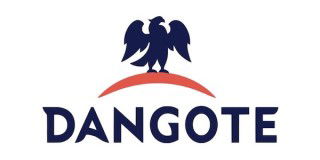Selling much of its stake in Australian subsidiary ABL to Boral and others, UK-based RMC looks to be managing its affairs better than previously expected. Merrill Lynch takes a snapshot view.
Having sold the first 19.9 per cent of their 54.8 per cent-owned Australian subsidiary ABL to bidder Boral at AUD1.55, RMC have sold a further 20 per cent to a third party for A$1.40, analysts at Merrill Lynch sees the first step as a good price given the limited range of bidders (only Boral has synergies) and the sale of a further 20 per cent even at a lower level as a sensible hedging strategy given the risk of the bid failing.
Merrill analysts had assumed that the remainder would only be sold at A$1.00, so the higher price slightly increases proceeds (despite the dollar's recent fall). Australia was the main part of the ŒRest of the World¹ (ROW) division, which had been the main region after Germany where RMC was undershooting its 12 per cent RONA (return on net assets) target (ROW made 7 per cent in 2002). With Australia sold on good terms, the rest of the group, bar Germany will make 11.8 per cent in 2005E. In Merrill's view all the various hurdles facing RMC should now be successfully managed including the raising of cement and RMC prices in Germany, plus a substantial cost-saving programme.
In fact, the group can now go out and move from recovery, rebuilding itself around its Europe/US core and possibly spending its Christmas bonus from down under. However, it still faces strong competition from rivals in both the aggregates and cement sectors, especially if it is thinking of major acquisitions. The new CEO at RMC, David Munro, is still set for a challenging task ahead.
